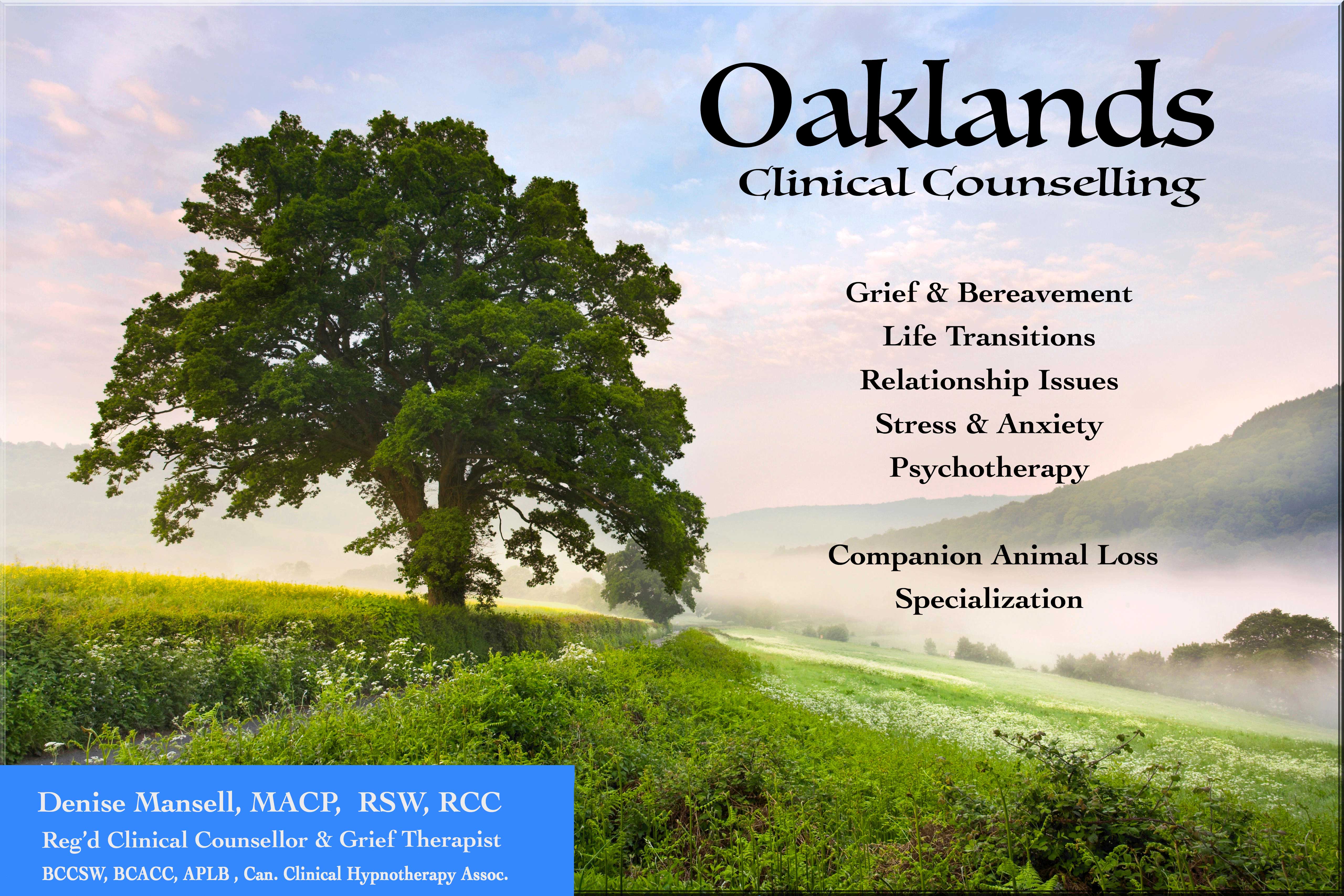
“The expectation that we can be immersed in suffering and loss daily and not be touched by it is as unrealistic as expecting to be able to walk through water without getting wet” – R. M. Remen, 1996
Developing compassion fatigue is a gradual, cumulative process and so is healing from its effects. Many things contribute to it, so many aspects of it require individual attention. Attention to life stressors, planning for self-care, working through anxiety, depression and trauma responses… all are part of getting through the deep physical and emotional exhaustion that are the result. In order to reignite empathy with people outside our caregiving roles and with ourselves, compassion fatigue may require more than a holiday or physical relaxation. Once recovery is achieved, planning how to cope with future stressors and recognize the early warning signs can help people avoid falling back into the habit of ‘running on empty’.
Individual care givers, helping professionals and staff groups can all benefit from supportive education or even counselling sessions to address compassion fatigue.
